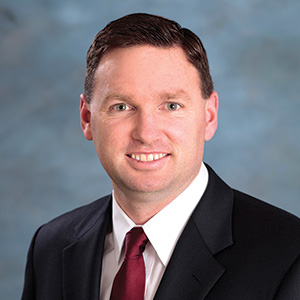California Rule of Professional Conduct Rule 1.13 addresses a lawyer’s duties in representing an organization. Lawyers should be aware of the rule’s requirements regarding an attorney’s duty to “report up” under certain circumstances.
Rule 1.13(b) requires reporting up an organization’s chain of command if a constituent is violating a legal obligation to the organization or a law reasonably imputable to the organization likely to result in substantial injury to the organization. The comments explain Rule 1.13(b) distinguishes between knowledge of the conduct and knowledge of the consequences of the conduct. The reporting requirements are triggered only if the lawyer actually knows that the constituent is acting or intends to act in a certain manner. If so, the lawyer has a duty to “report up” if a reasonable lawyer would believe that the constituent’s conduct violates a legal obligation to the organization or the law in a manner imputable to the organization and is likely to result in substantial injury to the organization.
Rule 1.13(b) differs from former Rule 3-600 in three significant ways. First, rule 3-600 permitted an attorney to “report up” in certain circumstances; Rule 1.13 requires it. Second, Rule 3-600 permitted “reporting up” for either a violation of law or likely substantial injury to the organization; Rule 1.13 requires both be present. Third, a lawyer who is discharged or resigns because of Rule 1.13(b) actions must take reasonable steps to inform the organization’s highest authority of the reason for the discharge or resignation.
Finally, an attorney’s duty to report conduct up does not supersede the duty of confidentiality. When taking action pursuant to Rule 1.13(b), a lawyer must maintain his or her duty of confidentiality to the organization.
Lawyers representing organizations should familiarize themselves with Rule 1.13’s new reporting requirements to mitigate the risk of attorney responsibility for misconduct by an organization’s constituents.
About the author:
John Sullivan is Chair of BASF’s Legal Malpractice Section. He is a partner at Long & Levit , and a contributor to Long & Levit’s Lawyers and Judge’s Blog, www.longlevit.com/blog/, which is searchable by topic and case name.




